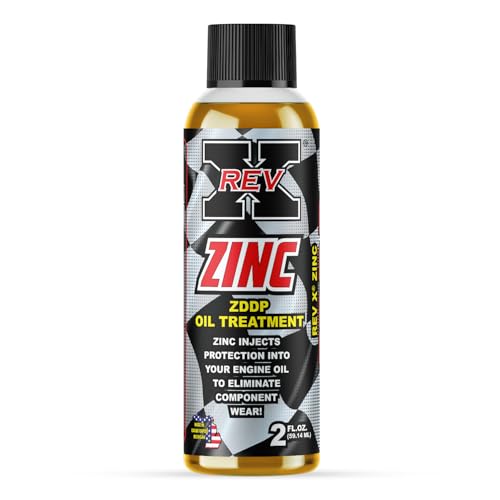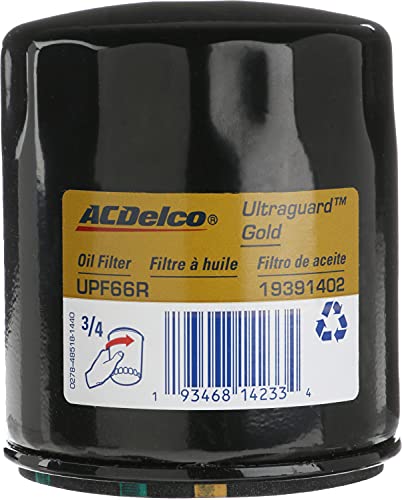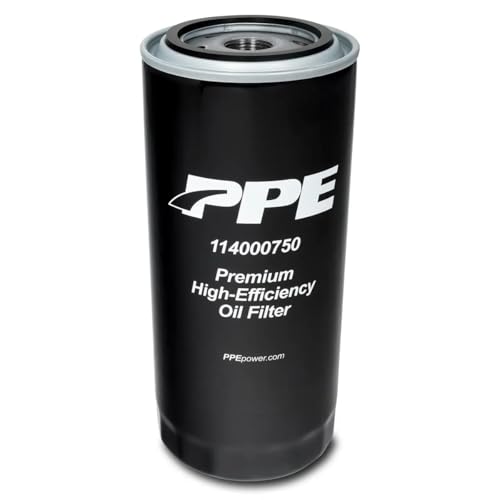Synthetic Oil Vs Synthetic Blend: Ultimate Guide to Choose Right
Choosing the right oil for your vehicle can feel confusing. You might have heard about synthetic oil and synthetic blend, but which one is truly best for your car? Understanding the difference can save you money, protect your engine, and improve your car’s performance. You’ll discover exactly how synthetic oil and synthetic blend stack up…
Choosing the right oil for your vehicle can feel confusing. You might have heard about synthetic oil and synthetic blend, but which one is truly best for your car?
Understanding the difference can save you money, protect your engine, and improve your car’s performance. You’ll discover exactly how synthetic oil and synthetic blend stack up against each other—so you can make the smartest choice for your ride. Keep reading to find out what works best for your needs and why it matters more than you think.

Credit: www.youtube.com
Synthetic Oil Vs Synthetic Blend
Types Of Motor Oils
Motor oil keeps your engine running smoothly. It protects parts from wear and removes dirt. Choosing the right type matters for your vehicle’s health. There are different kinds of motor oils. Each has unique features and uses.
What Is Synthetic Oil?
Synthetic oil is made in a lab. It has a uniform structure that helps it work well. This oil flows smoothly at low temperatures. It also resists breaking down under heat. Synthetic oil cleans engine parts better than regular oils. It lasts longer and protects engines during tough conditions.
What Is Synthetic Blend?
Synthetic blend mixes synthetic oil with conventional oil. This mix offers some benefits of synthetic oil. It improves engine protection and flow compared to regular oil. Synthetic blends cost less than full synthetic oils. They work well for drivers who want extra protection at a lower price.
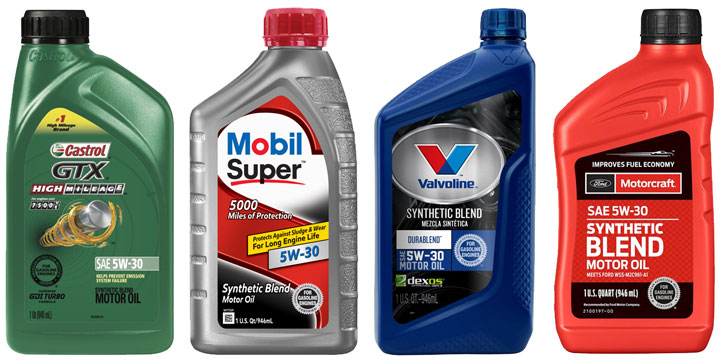
Credit: www.delmotors.com
Performance Comparison
Choosing the right oil affects your engine’s performance. Synthetic oil and synthetic blend oil offer different benefits. Comparing their performance helps you decide what suits your needs best. Let’s explore key areas where these oils differ.
Engine Protection
Synthetic oil offers superior engine protection. It contains pure synthetic base oils and additives. This keeps engine parts cleaner and reduces wear. Synthetic blend oil mixes synthetic and conventional oils. It provides decent protection but not as strong as full synthetic. For heavy-duty engines, synthetic oil is better.
Temperature Resistance
Synthetic oil performs well in extreme temperatures. It stays stable in very hot and very cold conditions. This prevents engine damage and maintains smooth operation. Synthetic blend oil handles heat and cold better than conventional oil. But it may break down faster than full synthetic in harsh climates.
Oil Longevity
Synthetic oil lasts longer than synthetic blend oil. It resists oxidation and sludge build-up. This means fewer oil changes and better engine health. Synthetic blend oil wears out sooner and needs more frequent changes. For long-lasting performance, synthetic oil is the preferred choice.
Cost And Value
Choosing between synthetic oil and synthetic blend often comes down to cost and value. Understanding these factors helps you pick the right oil for your car and budget. Both types offer benefits, but their prices and long-term worth differ. Let’s explore these differences to help you make a smart decision.
Price Differences
Synthetic oil costs more than synthetic blend. The pure synthetic formula is more advanced and offers better engine protection. You pay extra for this higher quality. Synthetic blends mix synthetic oil with conventional oil. This lowers the price but reduces some benefits. For a regular oil change, synthetic blend is cheaper. You save money upfront with this option.
Cost-effectiveness Over Time
Synthetic oil lasts longer between changes. This means fewer oil changes over time. You spend less on maintenance and labor. Synthetic blend needs more frequent changes. This can add up to higher costs in the long run. Using synthetic oil can protect your engine better. It reduces wear and tear, saving on repairs. Think about total costs, not just the price per bottle.
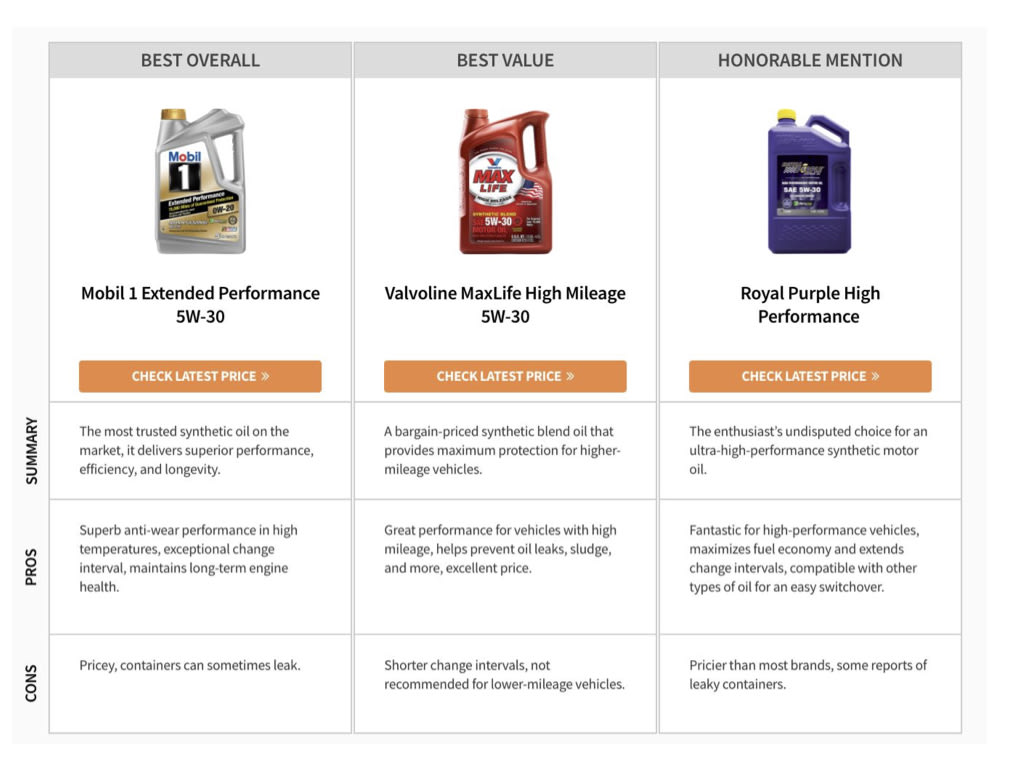
Credit: www.yourmechanic.com
Vehicle Compatibility
Choosing the right oil depends on your vehicle’s needs. Vehicle compatibility affects engine health and performance. Different engines react differently to synthetic oil and synthetic blends. Understanding which oil suits your vehicle helps maintain engine life and efficiency.
Recommended Usage
Synthetic oil fits well with high-performance and luxury cars. It handles extreme temperatures and heavy loads better. Use synthetic oil for newer engines or those under stress. Synthetic blends work fine for older cars or daily drivers. They offer some benefits of synthetic oil at a lower cost. Check your vehicle manual for oil type advice.
Impact On Engine Types
Modern engines with turbochargers need synthetic oil for better protection. Synthetic oil reduces wear and keeps engines cleaner. Older engines with simple designs can use synthetic blends safely. Blends provide enough protection without full synthetic price. Diesel engines often require full synthetic for best results. Always follow manufacturer oil recommendations closely.
Choosing The Right Oil
Choosing the right oil for your vehicle helps keep the engine safe and working well. Different oils suit different needs. Understanding your driving style, car instructions, and the environment helps pick the best oil. This section guides you through these points to make a smart choice.
Driving Habits
Your driving style affects oil choice. Short trips create more engine wear. Synthetic oils protect better during frequent stops. Long highway drives cause less stress on oil. Synthetic blends offer good protection for daily driving. Choose oil that matches your routine.
Manufacturer Recommendations
Car makers know best what your engine needs. Check your owner’s manual for oil type and grade. Using the suggested oil keeps warranty valid. Synthetic oils often suit newer, high-performance engines. Older cars may run well on synthetic blends. Follow these guidelines to avoid engine problems.
Environmental Considerations
Climate impacts oil performance. Cold weather needs oil that flows quickly at low temperatures. Synthetic oils work well in cold climates. Hot weather demands oil that resists breaking down. Synthetic blends can handle moderate heat. Think about your local weather when choosing oil.
Frequently Asked Questions
What Is The Main Difference Between Synthetic Oil And Synthetic Blend?
Synthetic oil is fully man-made, while synthetic blend mixes synthetic and regular oils.
Which Oil Type Lasts Longer: Synthetic Or Synthetic Blend?
Synthetic oil generally lasts longer due to its pure, refined formula.
Is Synthetic Blend Better For Older Engines Than Synthetic Oil?
Synthetic blend can protect older engines with less cost than full synthetic oil.
Conclusion
Choosing between synthetic oil and synthetic blend depends on your needs. Synthetic oil offers better protection and lasts longer. Synthetic blend works well for older engines and saves money. Both types keep your engine running smoothly. Check your vehicle’s manual for the right choice.
Regular oil changes help maintain engine health. Think about your driving habits and budget too. Good oil keeps your car safe and efficient. Simple choices lead to better engine care.
Read More
- 7 Best Oil for Generac 22Kw Generator: Top Synthetic Choices Reviewed
- 7 Best High Mileage Synthetic Oil 5W30 for Ultimate Engine Protection
- 7 Best Detergent 5W-40 Oil for Superior Engine Performance and Protection
- 7 Best Motorcycle Fork Oil for Smooth Ride and Superior Suspension Performance

My name is Max langon and I am the founder of automothrone.com website. From this website, you will get automotive related information


